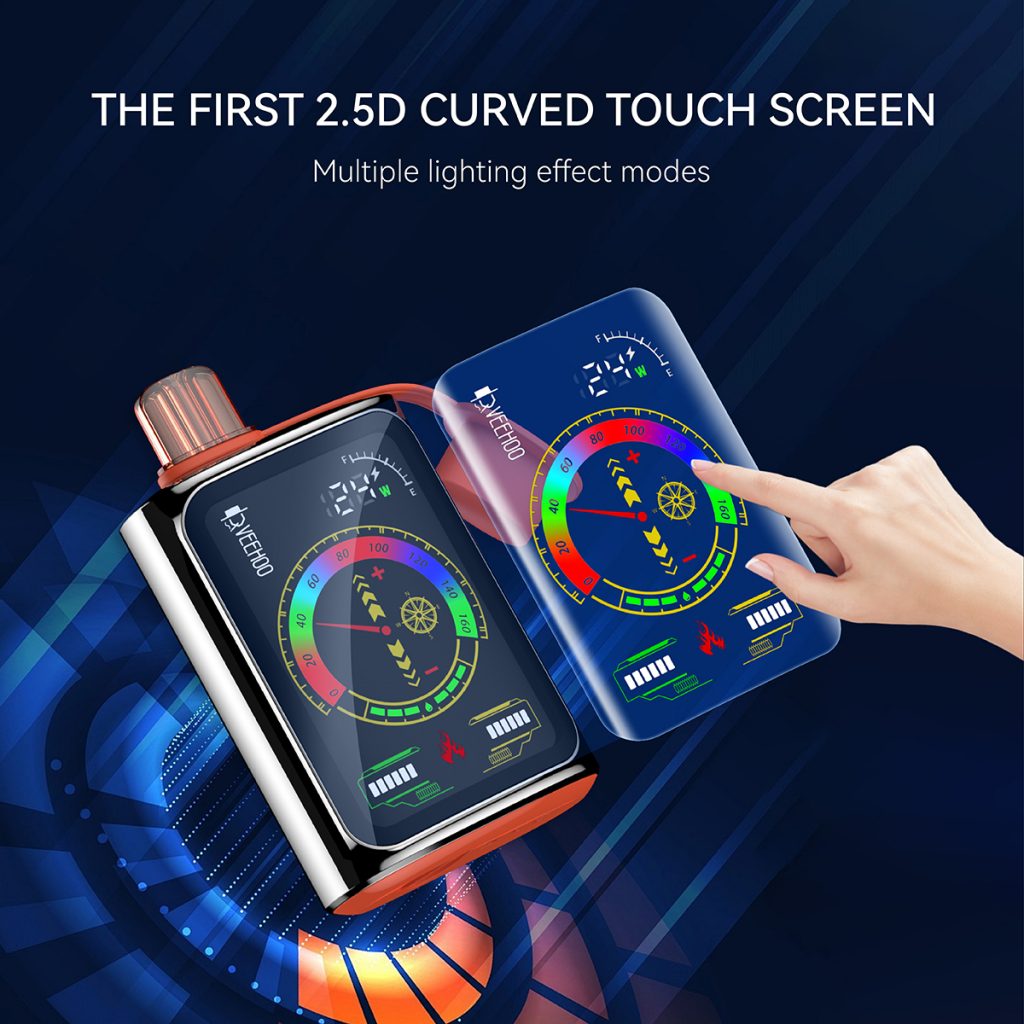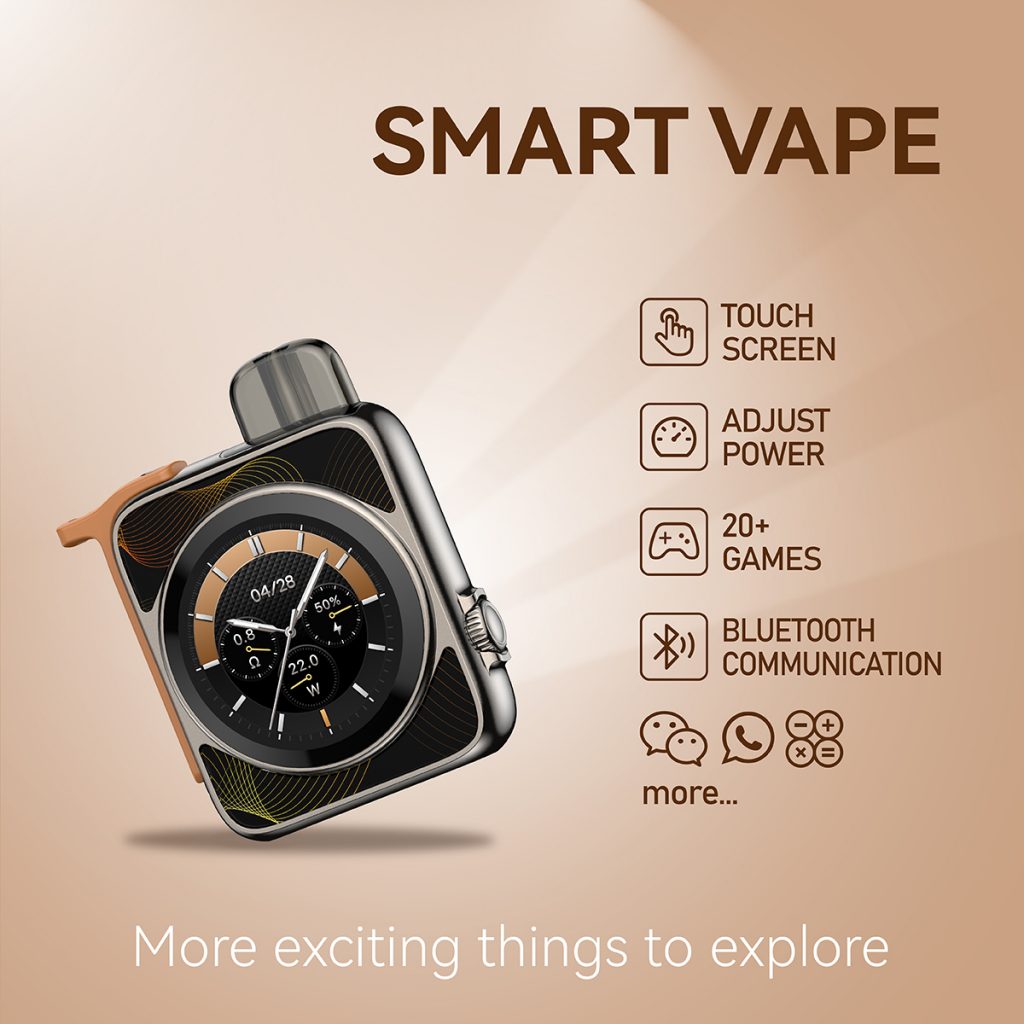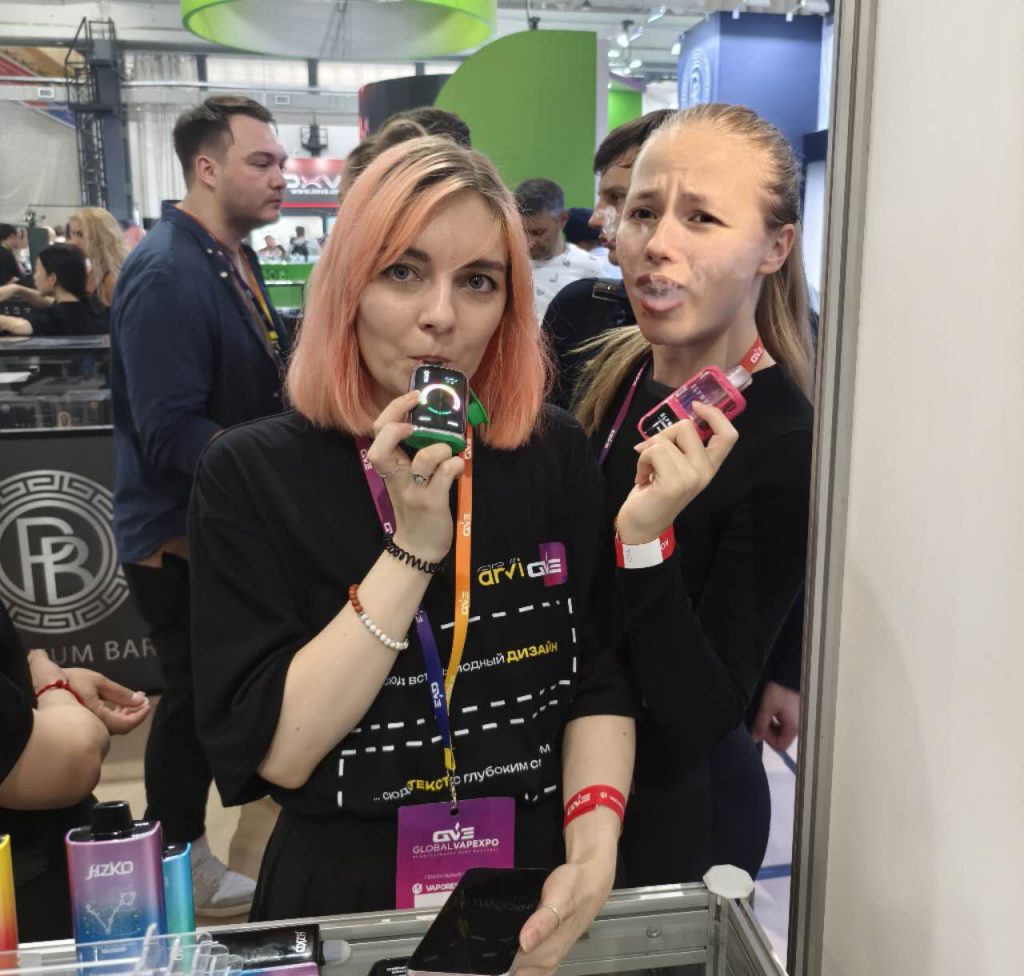In 2025, the Philippine government announced the restart of online e-cigarette sales channels, but required all online shoppers to complete registration and verify their age. This policy marks an important step forward in the Philippines’ e-cigarette regulation, responding to the public’s demand for convenience and reflecting the government’s emphasis on the protection of minors.
The e-cigarette regulation process in the Philippines has been full of twists and turns. As early as 2020, the Philippines issued an executive order stipulating that the minimum age for purchasing, possessing or using all types of tobacco products, including e-cigarettes, is 21 years old. In 2023, Valenzuela City took the lead in implementing strict regulations requiring the presentation of a government-issued photo ID to purchase e-cigarettes and prohibiting sales within 100 meters of schools. However, these measures have also brought new problems – the restriction of formal channels has led to the proliferation of illegal markets, and minors have repeatedly obtained e-cigarettes through hidden channels.

The core of the new policy is to establish a complete age verification system. According to the regulations, all consumers who purchase e-cigarettes online must first complete real-name registration on the government-designated platform and submit valid ID documents for age verification. This measure directly responds to the problem that minors can easily obtain e-cigarettes through online shopping platforms. It is worth noting that well-known e-cigarette brands such as VEEHOO responded quickly to policy changes and fully connected to the government verification system on their official website and cooperative e-commerce platforms, setting a compliance example for the industry.
As one of the brands in the Philippine market, VEEHOO e-cigarettes have shown many positive impacts during the implementation of the new policy. First, the brand’s strict product quality control provides consumers with a relatively safe choice. Its transparent and open ingredient labeling and professional laboratory test reports effectively reduce the health risks of using inferior products. Secondly, VEEHOO’s innovative technology research and development direction is worthy of recognition. Its latest intelligent control device can accurately adjust the amount of nicotine released, helping adult smokers to gradually reduce their intake, reflecting the company’s responsible attitude.
From a public health perspective, the Philippines’ new policy shows a balance. On the one hand, the restart of online sales channels meets the convenience needs of adult consumers, especially providing a legal way to purchase for busy urban people. On the other hand, the mandatory age verification mechanism continues the Philippines’ consistent position of protecting minors from the harm of nicotine. This “combination of loosening and blocking” strategy is more pragmatic than a simple ban and is easier to gain support from all parties.

After the implementation of the new policy, the Philippine e-cigarette market has shown a healthy development trend. The market share of compliant companies such as VEEHOO has steadily increased, while the space for small workshops without qualifications and smuggled products has been continuously compressed. Market monitoring data shows that it is significantly more difficult for minors to obtain e-cigarettes, and related complaints around schools have significantly decreased. This change proves that scientific supervision can achieve long-term governance better than simple prohibition.
Of course, no policy can be perfect. Some consumers reported that the age verification process is a bit cumbersome, and some elderly people are not very adaptable to digital operations. In response, brands such as VEEHOO have proactively optimized the user interface and opened telephone assistance services, reflecting the humanistic considerations of the company. The government also stated that it will continue to simplify procedures and improve user experience while ensuring safety.
The exploration of e-cigarette regulation in the Philippines provides a useful reference for other countries. Its core experience lies in: first, legislation first, providing a clear basis for supervision; second, government-enterprise collaboration, giving full play to the exemplary role of industry leaders; third, technology empowerment, achieving precise management through digital means; fourth, dynamic adjustment, and continuous optimization of policies based on implementation results. This comprehensive governance approach is worthy of recognition.

Looking to the future, with the advancement of technology and the improvement of supervision, the Philippine e-cigarette market is expected to achieve higher-quality development. Companies like VEEHOO that attach importance to compliance and innovation will have greater room for development, and consumers’ rights and health will be better protected. This case once again proves that in areas involving public health, government supervision and market forces can achieve a win-win situation in a benign interaction.
Tags: ceramic atomization core, flavored e-cigarettes, nicotine addiction, veehoo vape